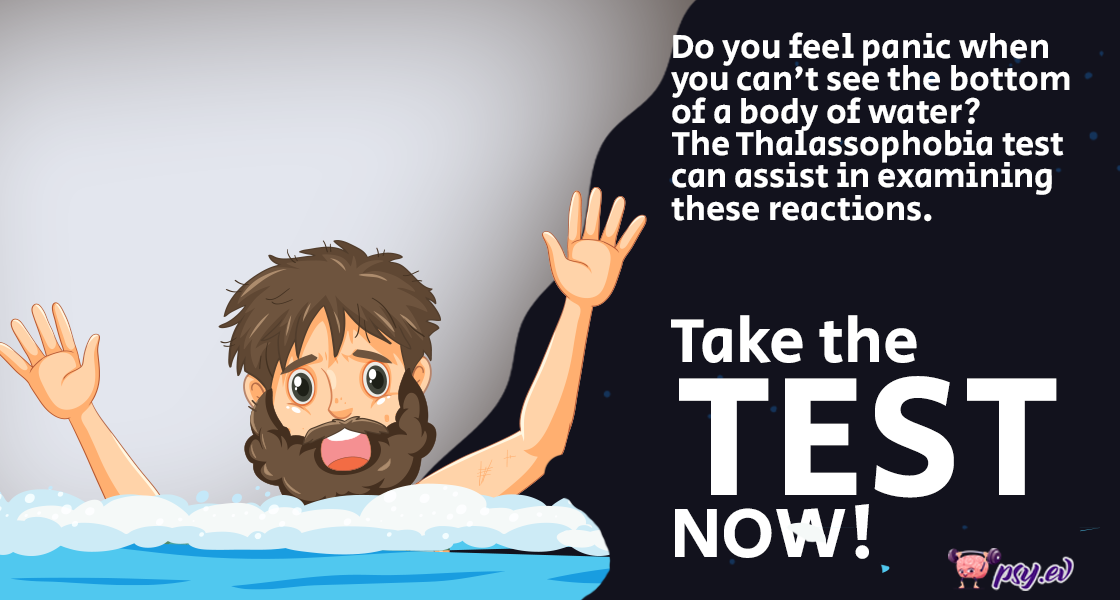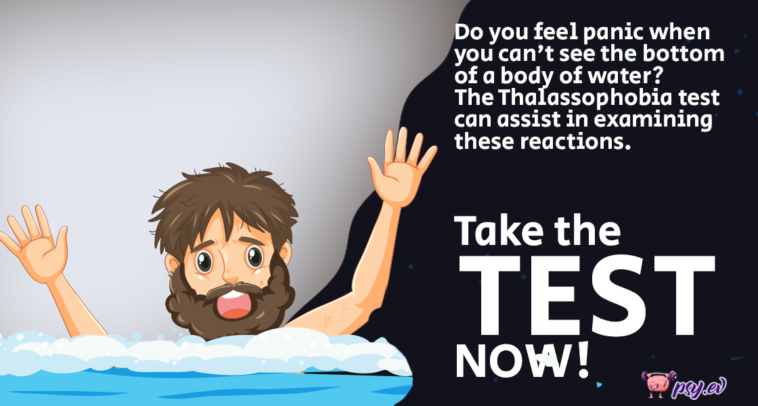Though thalassophobia might be difficult, remember that support is available. In extreme situations, looking at a picture of the ocean or a pool may be enough to set off symptoms.
This clinical thalassophobia test will help you with your concerns and assess your symptoms. Thalassophobia is a type of specific phobia that is curable.
Thalassophobia: Causes and Signs
Thalassophobia is like a more particular variation of aquaphobia. At the same time, thalassophobia can also be branched out to or caused by megalohydrothalassophobia. Individuals suffering from megalohydrothalassophobia have a phobia of animals or other creatures that may be found in deep water.
The relationship between thalassophobia and megalohydrothalassophobia is that the latter is a larger category of fear brought on by huge objects. A traumatic water experience might trigger a fear reaction and phobia.
Even without prior exposure to tragedy or experience, phobias can arise. A possible cause is genetic influences brought on by witnessing or going through horrific occurrences in huge amounts of water.
Additionally, fear of the unknown could be a further aspect specifically contributing to thalassophobia. Fear and anxiety can be brought on when a person lacks information or is powerless over a circumstance or surroundings.
If you experience a certain phobia, you may experience strong fear of something even though it may not threaten you. Your body may exhibit extreme sensations of anxiety in response to seeing or being close to a huge body of water.
Depending on how severe your thalassophobia is, you could feel uneasy just by gazing at an image of the ocean or even by hearing the term ocean.
The signs of thalassophobia might resemble those of anxiety. Symptoms include lack of focus, muscle tension, trembling, tense or anxious, discomfort, impatience, palpitations of the heart, elevated heart rate, chest pain, or a sensation of losing control.
The Next Step
It's a good idea to speak with your healthcare practitioner, a therapist, or a psychologist if you've had a traumatic incident near deep water, if you regularly feel uncomfortable about deep water, or if you believe it is affecting your quality of life.
A mental health expert can assist you if you need assistance conquering your phobia of the ocean. They can start with less threatening imagery of calm water or other triggers, supporting the idea that the ocean and other big bodies of water are secure. Then, they assist you in creating coping strategies and guide you with relaxing methods.
Additionally, thalassophobia can be treated using exposure therapy and cognitive-behavioral therapy. The success rate of both therapies is excellent. Additionally, overcoming your fear of the water will enable you to enjoy the seas and lakes.
To lessen your worry and panic, they try to increase your exposure to huge bodies of water during this treatment. Moreover, specific phobias may occasionally be treated with medicine. This is frequently used in conjunction with other forms of therapy.
Due to this phobia, you could be unable to interact with others or enjoy leisure activities. It might be time to talk to your healthcare professional if your phobia is causing you discomfort or solitude.


